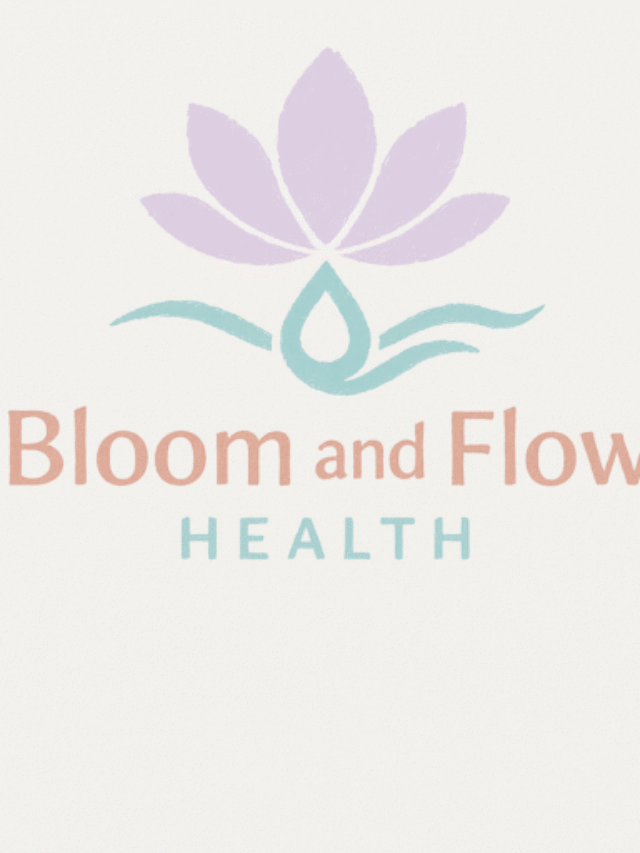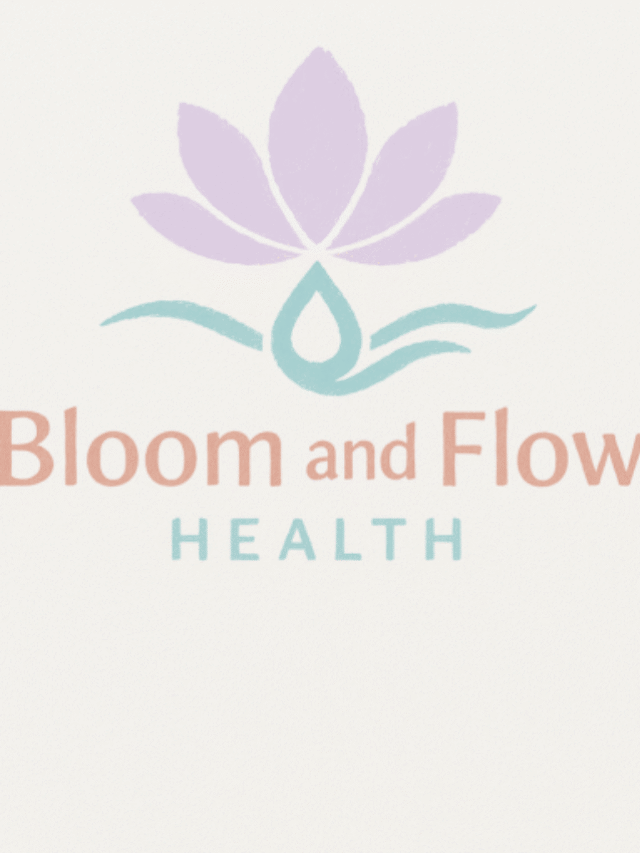Bloomandflowhealth
Welcome to Bloom & Flow Health, your trusted space to understand your body, balance your hormones, and feel your best—naturally.

5 things you should do on your periods
- Stay hydrated — drink enough water daily.
- Eat iron-rich foods like spinach and lentils.
- Get enough sleep and rest properly.
- Do light exercise or Yoga regularly
- Track your cycle to know your body better.
Women’s Wellness
Welcome to your space for honest and empowering women’s health advice. Here, we talk openly about everything from periods and hormones to fertility, mental wellness, and self-care — because your health deserves real conversations, not confusion. You’ll find easy-to-follow, science-backed tips that help you understand your body better, feel confident in your health choices, and embrace every phase of womanhood with comfort and clarity.
Our goal is to make wellness simple, relatable, and part of your everyday life. Whether you’re learning to balance your hormones, manage PMS, or build a healthier routine, we’re here to guide you every step of the way. With a little awareness and self-love, you can create lasting balance and feel more connected to your body than ever before.


Hello, I’m glad you’re here!
I’m The Void, the voice behind Bloom & Flow Health — a space created to help women understand their bodies, embrace balance, and grow naturally. My purpose is to turn complex health topics into calm, clear, and empowering insights that guide you toward a healthier, more confident self.Through science-backed knowledge and mindful living, I believe every woman can bloom beautifully and flow effortlessly through every phase of life.














